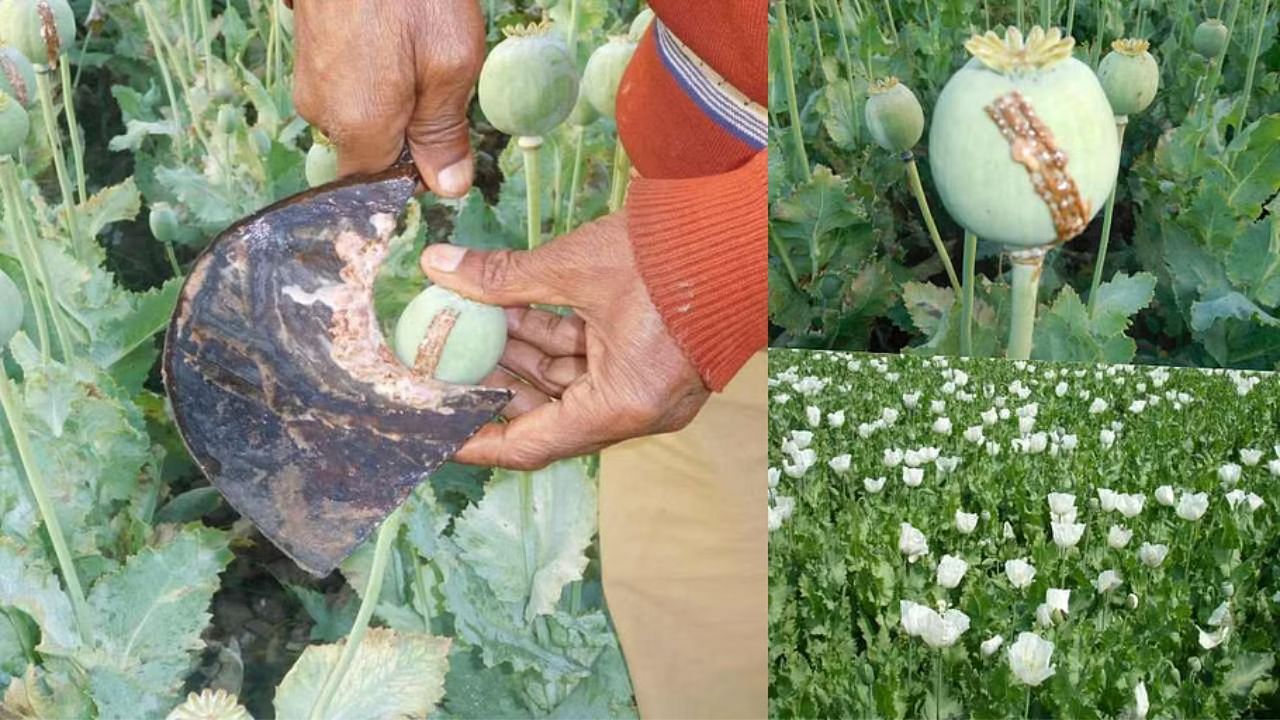
Scientists at Maharana Pratap University of Agriculture and Technology have successfully bred a new variety of opium, named 'Chetak,' after rigorous trials and experimentation. This achievement holds immense promise for farmers not only in Rajasthan but also in neighboring states like Madhya Pradesh and Uttar Pradesh.
The development of 'Chetak' opium also offers a blend of higher morphine production and increased yield of poppy seeds. Dr Arvind Verma, Research Director at Maharana Pratap University, appreciates the collaborative efforts led by Dr Amit Dadhich, Plant Breeder and Project In-charge under the All India Medicinal and Aromatic Plants Research Project in Udaipur.
According to Dr Verma, the recognition received at the 31st Annual Review Meeting hosted by the Directorate of Medicinal and Aromatic Research, Indian Council of Agricultural Research, signifies the potential of 'Chetak' opium to revolutionize opium cultivation in India. This variety has been specifically allocated for opium-producing states, including Rajasthan, Madhya Pradesh, and Uttar Pradesh.
'Chetak' Opium Promises High Yields
Dr Amit Dadhich highlights the transformative impact of adopting scientific methodologies in opium cultivation, projecting impressive yields of 58 kg of opium per hectare and an average of 6.84 kg of morphine per hectare. Additionally, farmers can anticipate substantial harvests of opium and poppy seeds, ranging from 10 to 11 quintals and 9 to 10 quintals per hectare, respectively.
The distinguishing feature of 'Chetak' opium lies in its pristine white flowers, setting it apart from conventional varieties. To maximize morphine extraction, experts recommend making incisions after 100-105 days of sowing, with an average morphine content of 11.99 percent. Furthermore, the maturation period for seeds spans approximately 135-140 days, ensuring a well-rounded cultivation cycle.
The successful performance of 'Chetak' opium in field demonstrations further shows its viability for widespread adoption among farmers. Dr Ajit Kumar Karnataka, Vice Chancellor of Maharana Pratap University of Agriculture and Technology, emphasizes the strategic significance of opium cultivation, particularly in districts like Chittorgarh, Pratapgarh, and Udaipur.
Moreover, the endorsement and licensing by the Central Narcotics Bureau of the Government of India provide a regulatory framework for farmers to engage in opium cultivation responsibly. With concerted efforts from academia, research institutions, and governmental support, the agricultural landscape is composed for transformation, driving rural development and empowerment across opium-producing regions.
















